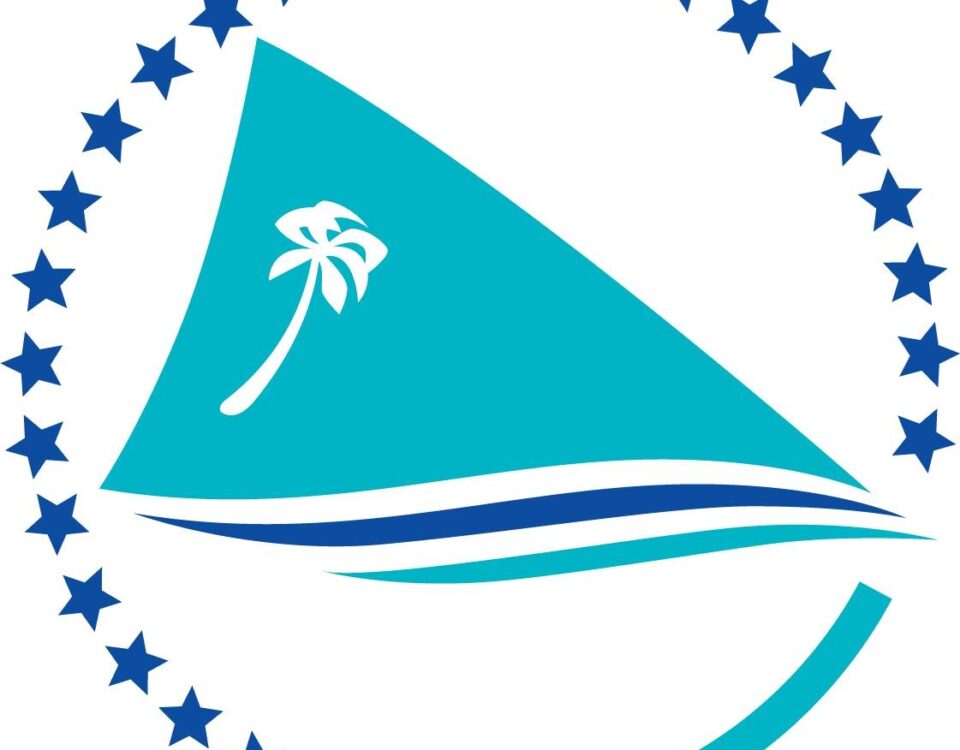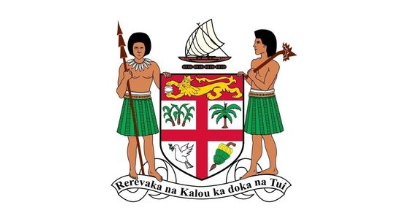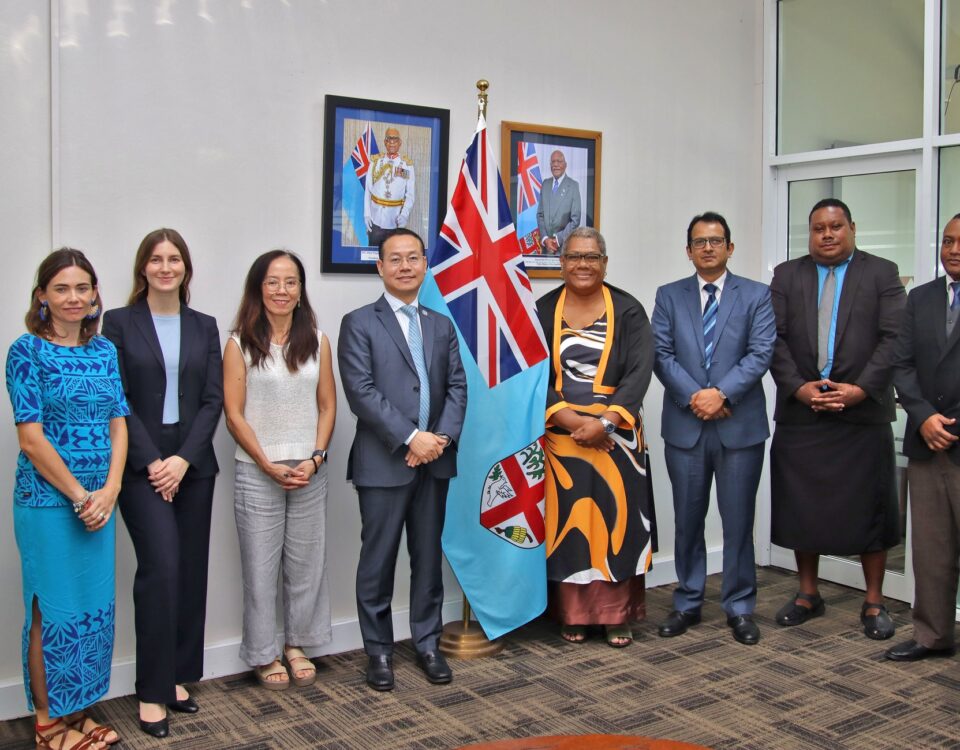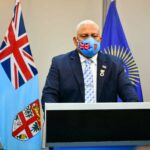
Commonwealth Foreign Affairs Ministers Call For an Inclusive, Sustainable and Resilient Recovery
17/09/2021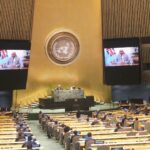
Prime Minister Bainimarama Leads (Virtual) Participation at the 76th Session of the UN General Assembly (UNGA 76)
20/09/2021Published On: 17/09/2021
The Honourable Chair;
Secretary General, The Right Honourable Patricia Scotland;
Excellencies.
The COVID-19 virus has stolen millions of lives and years of development progress, and the costs are mounting as we speak. No doubt, the costs could have been higher. Just the same, our global response could have been managed much better. It’s time we reckon with the failures that fanned the flames of the pandemic’s devastation.
When the first waves of fear and uncertainty hit us, masks, ventilators, testing kits, and PPEs were siphoned off by nations with the markets and the means to pay for large-scale shipments. Fiji, and many other SIDS, spent critical months at the back of the queue for these life-saving essentials.
As supply chains stabilised, medical equipment and supplies eventually found their way everywhere they were needed. But the advent of life-saving vaccines re-ignited the same strains of nationalism. Now, even as huge segments of developing world populations cannot access a single dose, wealthier countries are considering third doses of booster shots for their citizens. We are setting the stage for two worlds –– one that is safe and one that remains a pariah to the other. One that recovers, and one that languishes in vulnerability to the crises yet to come.
The irony is that no nation is truly safe, and no economic recovery can truly take place, until vaccinations are universal.
We simple can’t recover if we stay within bubbles. Goods must move. Labour must move. People must move. Science can solve those problems, but only when matched with solidarity.
Fijians know it. After an initial month-long outbreak in March of 2020, we spent one year with zero local cases of the virus until the Delta variant crept into the country and sparked a devastating second wave. We quickly identified mass vaccination as the most sustainable way forward. We had tried to purchase vaccines, but were denied. Gratefully, India, Australia, New Zealand and the United States stepped up to help us secure the doses we needed.
Since then, nearly every adult in Fiji has received one dose and more than 60% are fully vaccinated –– no easy feat in a nation with 110 populated islands.
Fiji supports the Ministerial Statement from the 33rd Commonwealth Health Ministers Meeting, including the utilisation of a voluntary price sharing database, vaccine equity and access, greater technical exchange and innovation and Commonwealth-wide coordination along with regional co-operation and networking.
Solving issues of global equity in healthcare cannot happen soon enough. Our changing climate is unleashing new viral vectors.
Other climate impacts, like cyclones and storm surges, threaten to weaken existing health systems and destroy decades of progress in healthcare infrastructure. The sooner we achieve equitable access to healthcare and the resources to build resilient health systems, the better off all of us will be.
This pandemic cannot serve as a model for future health disasters. It is a lesson. A lesson in the vital importance of access and equity for all. Heeding its failures does not demand some multilateral miracle, it simply requires respect for the founding principles of our international system and a greater commitment to those most vulnerable among us.
And the Commonwealth can be a beacon for cooperation that ensures the next crisis brings out the best of our multilateral system rather than to expose its shortcomings.
Vinaka vakalevu. Thank you.



